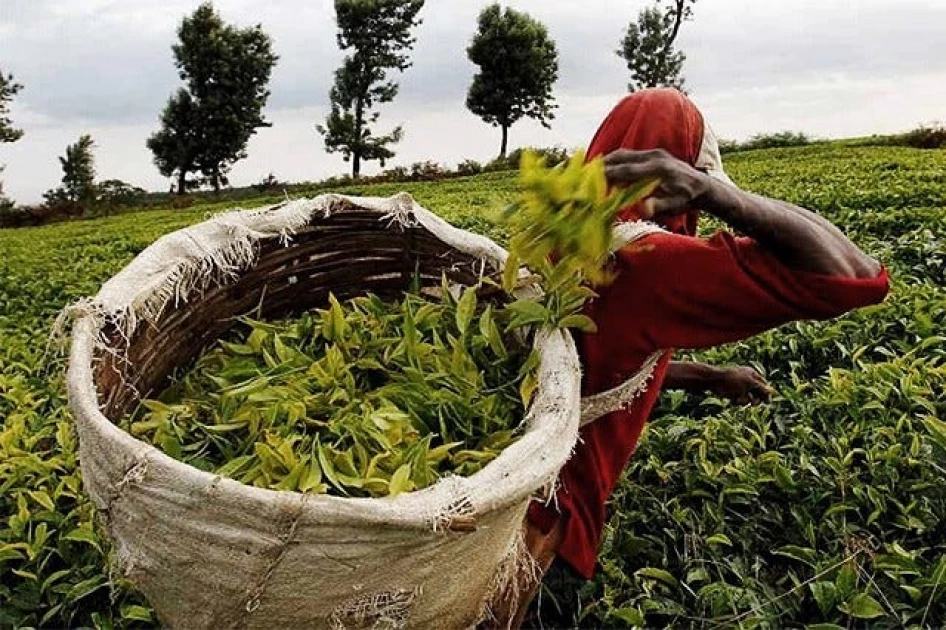Kenya’s tea sector set for overhaul under new draft regulations

The Tea Board of Kenya on Monday presented the Draft Tea Regulations and Green Leaf Quality Requirements during a stakeholder validation forum at the Tea House in Nairobi.

Audio By Vocalize
The Tea Board of Kenya on Monday presented the Draft Tea Regulations and Green Leaf Quality Requirements during a stakeholder validation forum at the Tea House in Nairobi.
The session brought together farmers, processors, and traders to review the proposed framework before its gazettement.
The new rules seek to resolve long-standing grievances among smallholder farmers, including delayed payments, opaque pricing structures, and inconsistent leaf quality across different regions.
Tea Board of Kenya CEO Willy Mutai said the regulations will introduce clear payment timelines to safeguard farmers’ cash flow.
“The regulations will spell out payment timelines. The Act stipulates that 50 percent should be paid to farmers upfront, and the balance within three months,” Mutai explained. “This will address cash flow challenges while ensuring that farmers receive their dues promptly.”He added that the reforms also prioritize value addition, with a target of ensuring that at least 40 percent of Kenya’s tea is value-added locally rather than exported in bulk form.
“We are 95 percent exporters of packed teas, and we’re engineering to make sure that 40 percent of what we produce is value-added within the country,” he said.The Board is equally emphasizing the need for consistent green leaf quality, particularly among western Kenya growers, to attract premium buyers and improve market competitiveness.
“We are urging farmers not to uproot tea. Let them focus on quality and manage production costs,” Mutai urged. “Tea is not a political issue—we must separate business from politics and work together to strengthen the sector.”







Leave a Comment